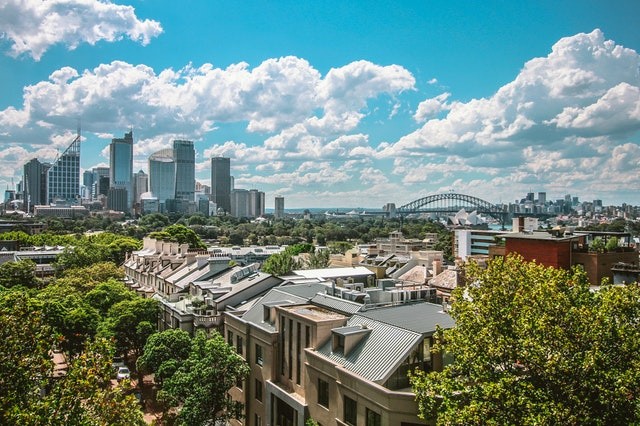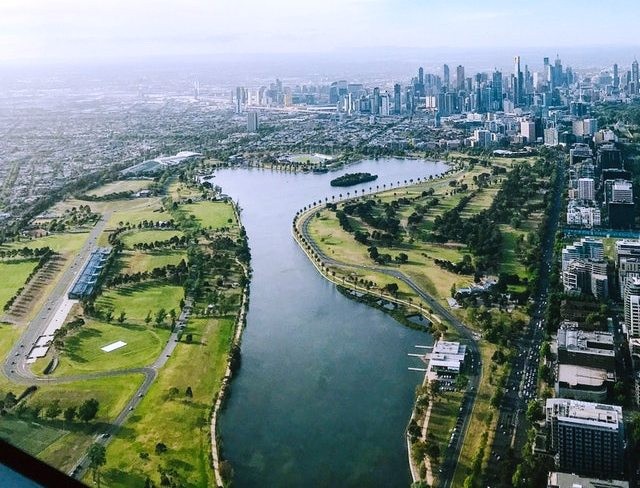
Australian property values recorded its second month of decline in June while apartment building approvals in May fell to an 11-year low.
The latest CoreLogic data revealed that property values in Australia continue its downward trend as the nation reels from the coronavirus pandemic's economic impact. And while the decline is "milder" than expected, experts say that the outlook remains uncertain, according to Domain.
The report added that several factors could affect property values in the following months, including potential new waves of COVID-19 infections, mortgage holiday, and the government stimulus package.
Meanwhile, data from the Australian Bureau of Statistics showed that from April 20 to May 20, the total dwelling approvals went down 16.4 percent. The decline is driven by private-sector dwellings, not including houses, which tumbled to a seasonally adjusted 34.9 percent.
The volume of approved apartment dwellings fell to an 11-year low at 34.9 percent, ABS Director of Construction Statistics, Daniel Rossi said, while private sector houses dropped by 4.4 percent.

Among the capital cities, Melbourne and Perth recorded the most significant decline in property values in June; both dropped 1.1 percent, the CoreLogic Home Value Index showed. Nationally, home values fell 0.7 percent in June, following its 0.4 percent drop in May, to a median property value of $554,741. House values declined 0.7 percent while apartment units fell 0.6 percent.
While the decline of home values remained mild, Eliza Owen, CoreLogic head of residential research Australia, warns that it is also beginning to accelerate, as seen in the sharp declines in Melbourne and Perth, the size of the drop last seen in February 2019.
Read also: Most Affordable Counties in the U.S. in Q2 2020 Revealed
Perth is being affected by the rising unemployment that impacted the property demand in the city. Meanwhile, Melbourne property prices have been severely affected by the health crisis because the city's concentration of investor is higher and are highly exposed to the effects of the pullback in overseas migration.
However, Owen said that economic conditions are not as bad as predicted by the RBA and so a housing market crash is unlikely. But areas that rely on tourism or have a high level of investment are likely to see its prices decline.
Sales volume saw an uptick in May, jumping 21.5 percent with an estimated 29.5 percent increase in June. Strong buyer demand is quickly eating away the rising volume of new listings, causing the total listing volume to decline.
Yet, developers are already anticipating a drop in demand for new-built homes with immigration dwindling in numbers. AMP Capital senior economist Diana Mousina said that the net migration is projected to fall by about 200,000 between 2020 and 2021 as compared to the 240,000 annual net migration increases experienced in recent years, cites ABC News.
The long-term outlook for Australia's housing market will largely depend on the well the economy will do once government support measures are terminated in September, Domain economist Trent Wiltshire said. However, he expects the government and banks will intervene to limit forced sales.
Read next: [PHOTOS] NYC Apartment With a Shower in the Kitchen Snatched up for $1,650 a Month
© 2026 Realty Today All rights reserved. Do not reproduce without permission.



